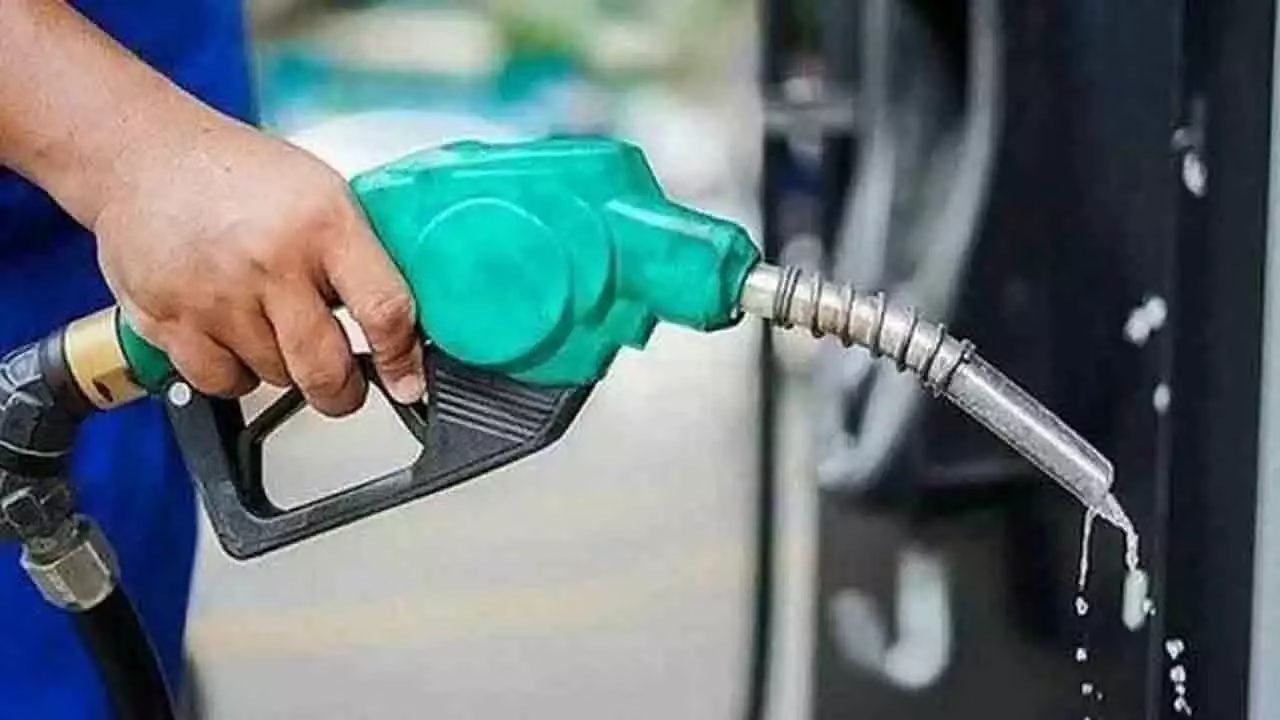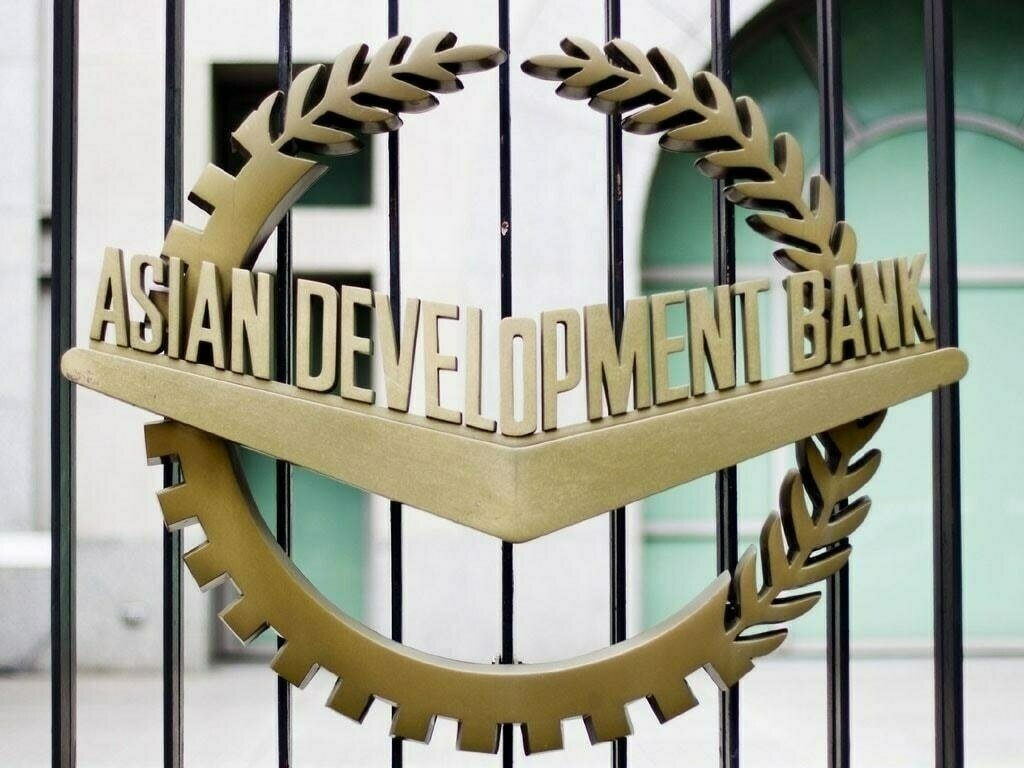The price of petrol and diesel in Pakistan is expected to increase by up to Rs 3.50 per liter. According to reliable sources, the Oil and Gas Regulatory Authority (OGRA) has submitted a summary of the proposed price adjustments to the Ministry of Finance. If approved, the new rates will come into effect at midnight, potentially affecting millions of consumers across the country.
Reasons Behind the Price Hike
The proposed increase in fuel prices is primarily driven by global market trends. Crude oil prices have risen sharply in recent weeks due to several factors, including supply constraints, geopolitical tensions, and increased demand. Oil-producing nations have reduced output to stabilize prices, creating a ripple effect across the global market. Additionally, conflicts in oil-rich regions have disrupted supply chains, further pushing prices upward.
OGRA’s Role in Price Adjustments
OGRA is responsible for recommending changes in petroleum product prices based on global oil market trends, exchange rate fluctuations, and government-imposed taxes. In this instance, OGRA has analyzed these factors and forwarded its recommendations to the Ministry of Finance.
Approval Process and Implementation
The final decision lies with the Ministry of Finance and the Prime Minister. After a thorough review, the new prices will be announced and implemented at midnight. This process ensures that economic and social impacts are carefully considered before any changes are made.
Impact on Consumers
The anticipated increase in fuel prices will have significant implications for consumers and businesses. Transportation costs are expected to rise, leading to higher fares for public transport and increased logistics expenses. Inflation may also surge, as fuel is a critical input for many industries. For households, this will mean higher monthly expenses, particularly for those who rely on personal vehicles.
Global Oil Market Influence
Pakistan’s heavy reliance on imported crude oil makes its economy highly susceptible to global oil market fluctuations. Recently, Brent crude oil surpassed $85 per barrel, reflecting a significant increase compared to earlier months. The depreciation of the Pakistani rupee against the US dollar has further amplified the cost of imported oil, making local price hikes inevitable.
Measures to Mitigate the Impact
To minimize the burden on consumers, the government could consider temporary measures such as reducing taxes on petroleum products or offering targeted subsidies to vulnerable populations. Promoting alternative energy sources, like electric vehicles and renewable energy, can also help reduce dependency on imported oil in the long term.
Public Concerns and Economic Challenges
News of the potential price hike has raised concerns among the public, who fear its impact on inflation and household budgets. Businesses are also preparing for increased operational costs, which could affect profitability and lead to job losses. The government, on the other hand, faces the challenge of balancing fiscal responsibilities with public welfare.
Future Outlook
The final decision on the proposed price hike is expected soon. As consumers brace for higher fuel costs, adopting fuel-efficient practices and exploring alternative energy sources will become increasingly important. Meanwhile, the government must address structural issues in the energy sector to reduce the impact of global oil market fluctuations.
The expected increase in petrol and diesel prices highlights the urgent need for sustainable energy solutions and stronger economic policies. By diversifying energy sources and improving efficiency, Pakistan can work towards minimizing the effects of global oil price volatility on its economy.



